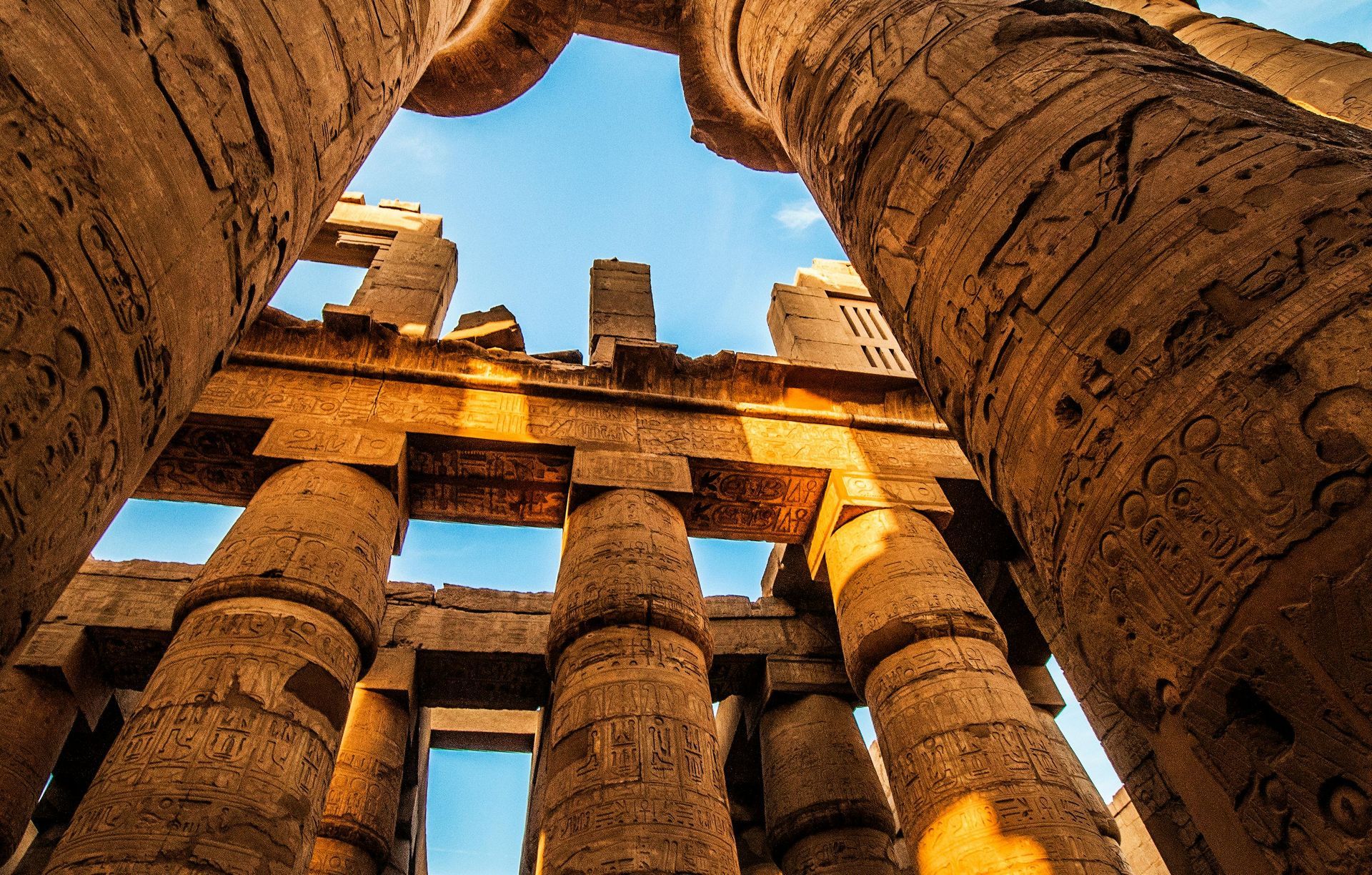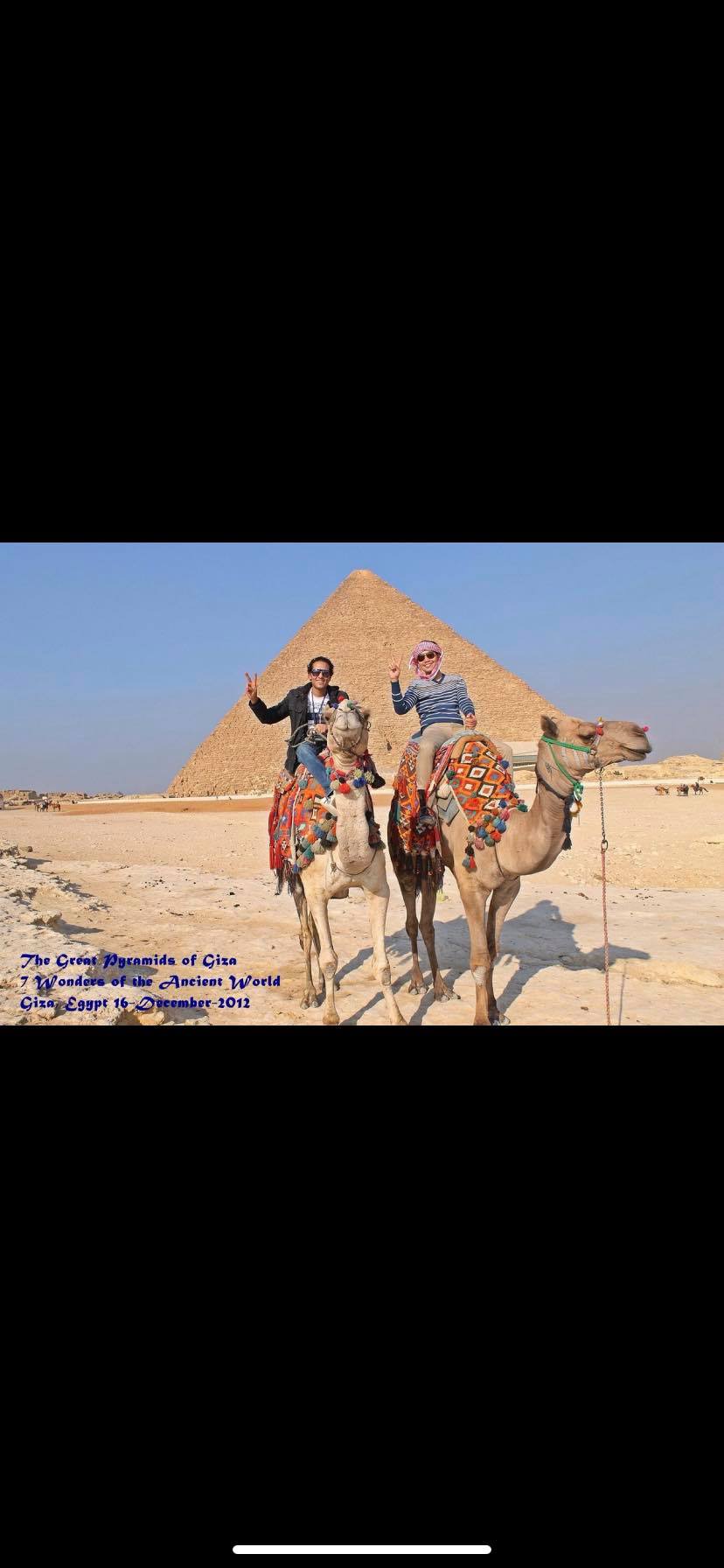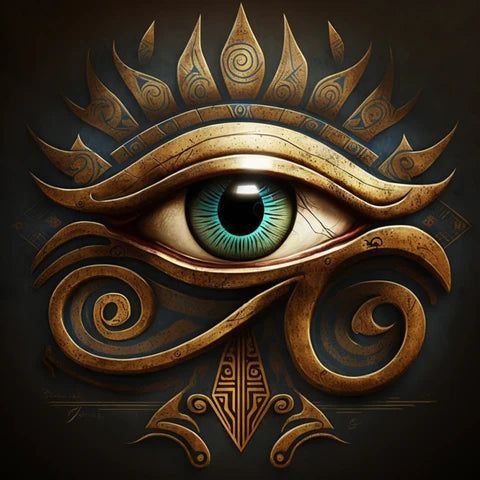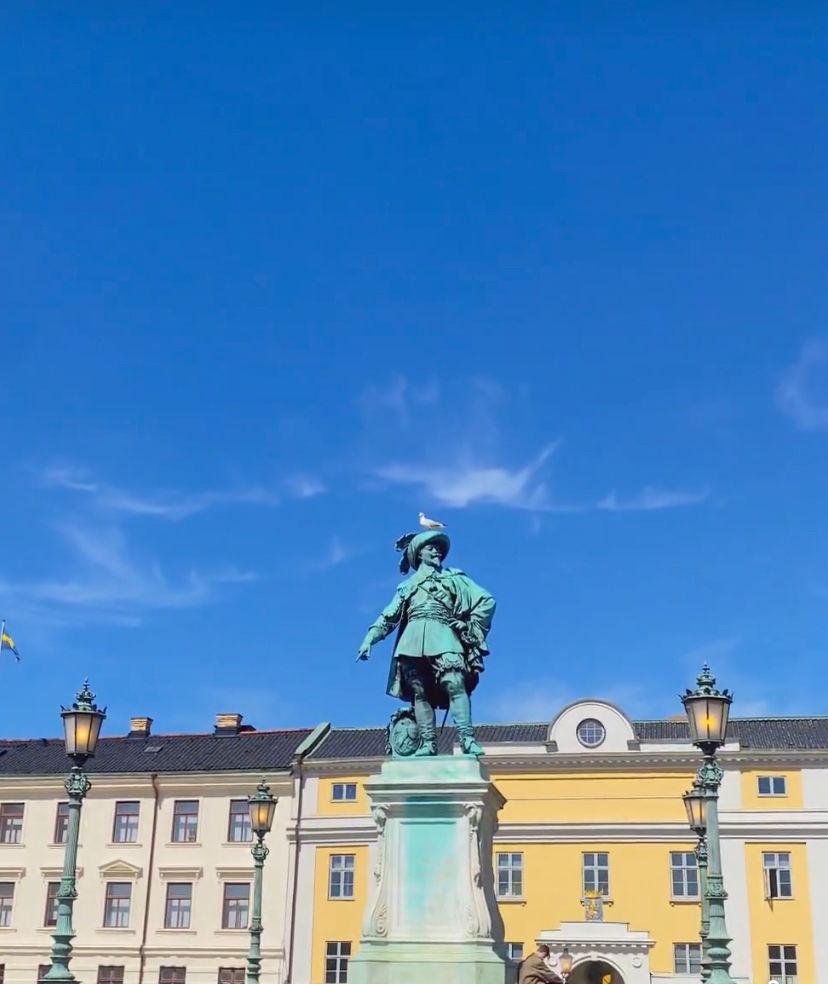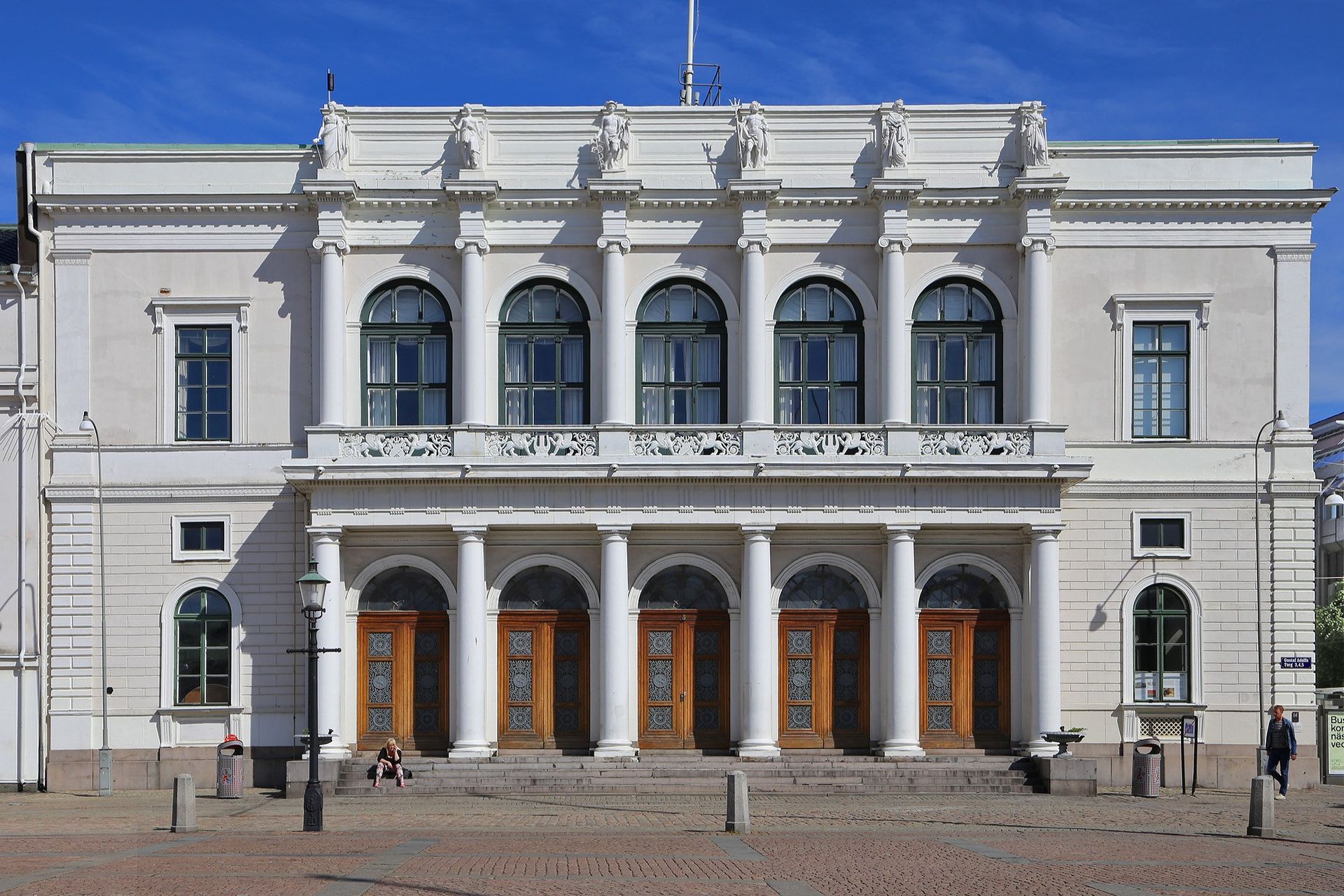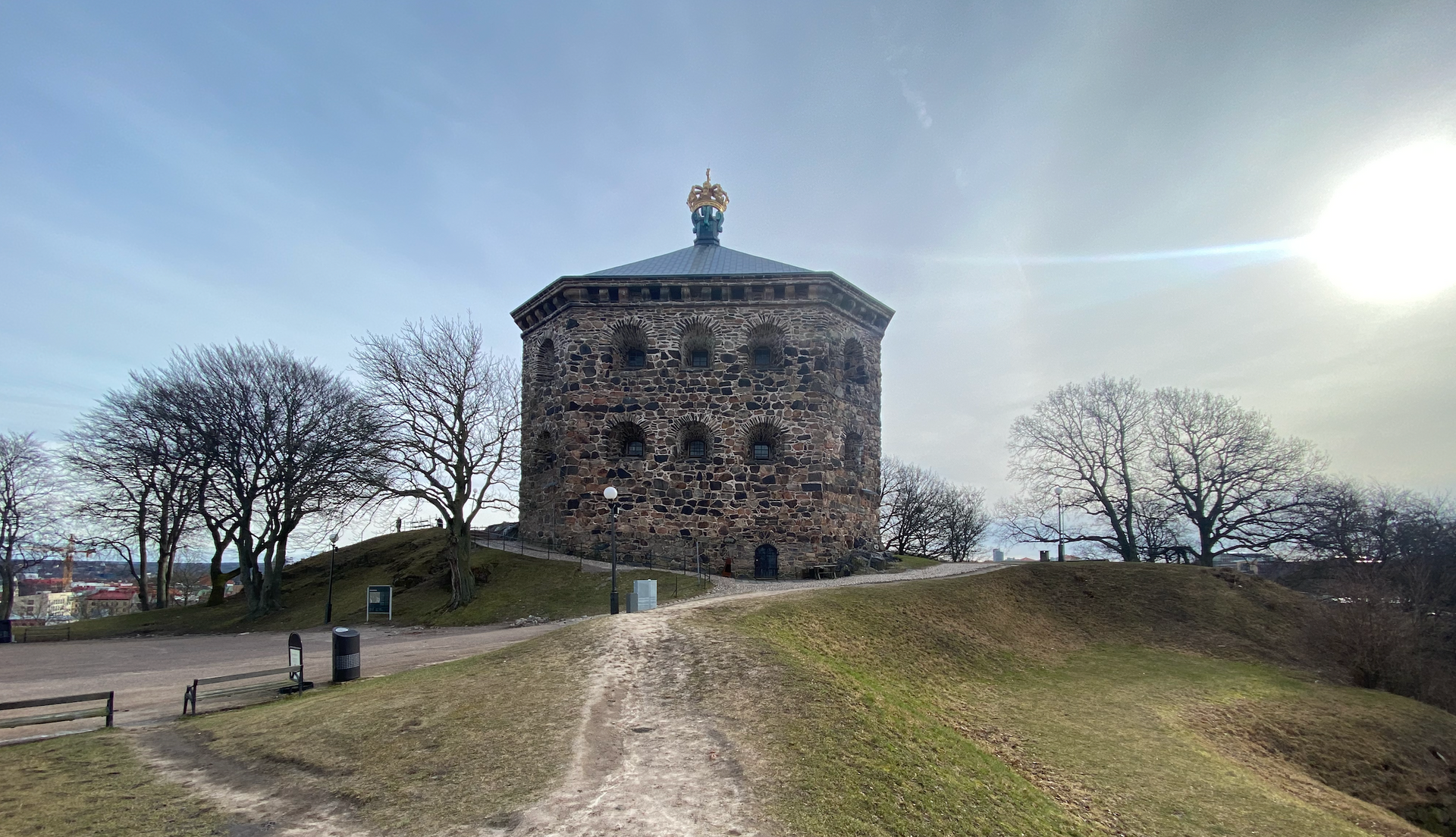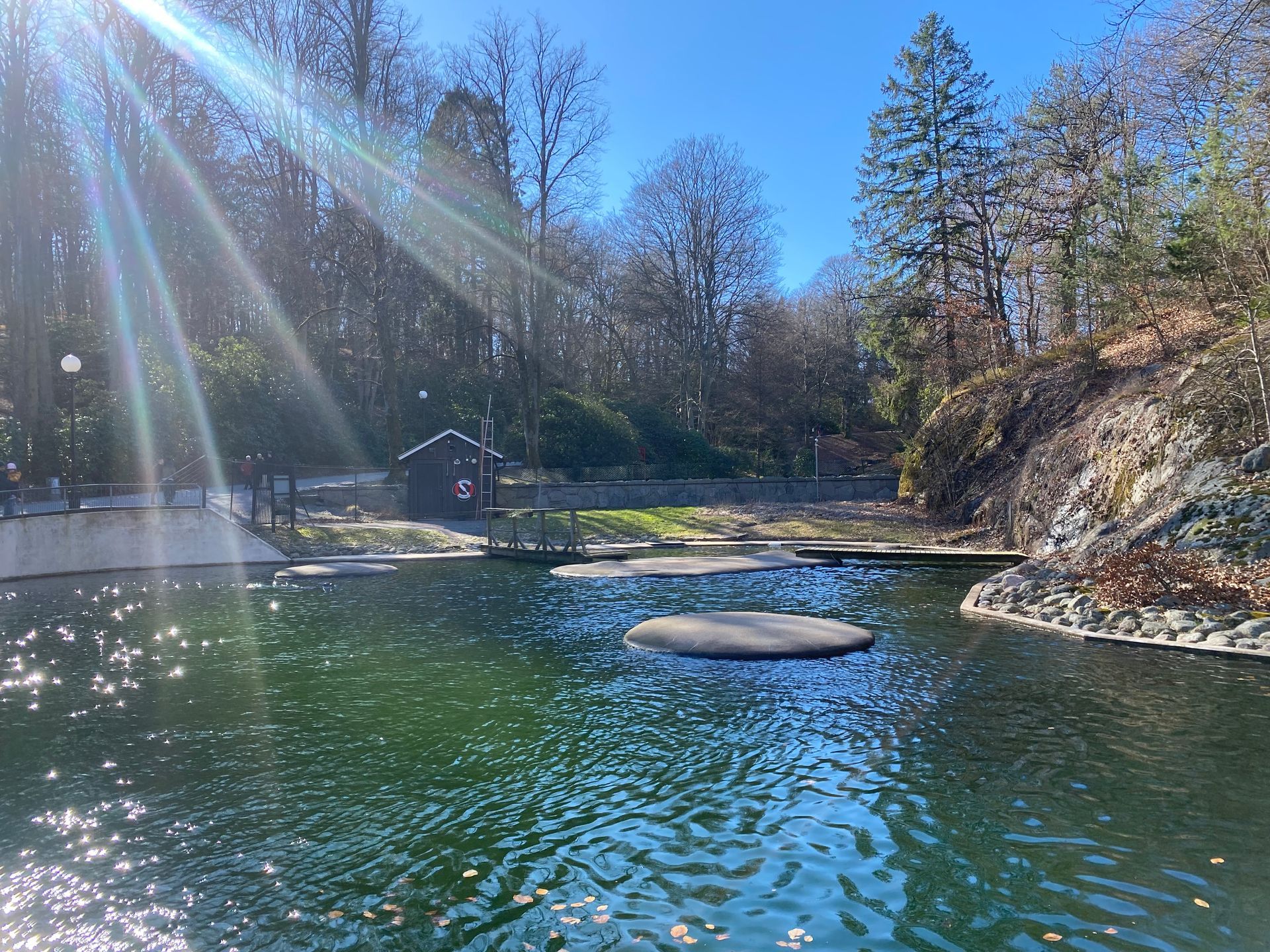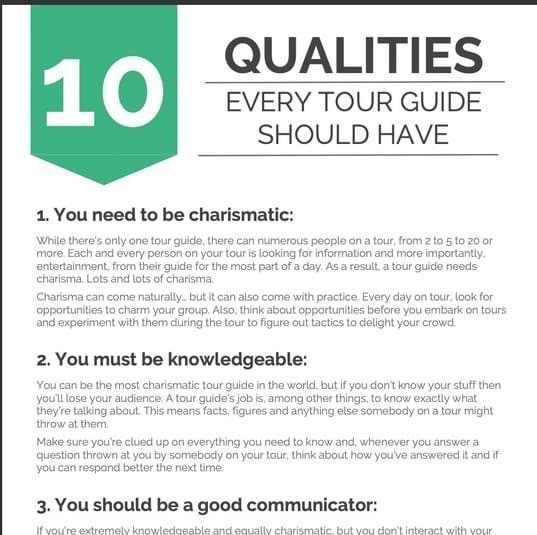Discovering Egypt: Essential Facts for Our Team and Traveller's to Learn More About the Land of Ancient Wonders and Modern Charm

Egypt, the cradle of one of the oldest civilisations in history, is a country that has fascinated traveller's for centuries. From the awe-inspiring pyramids to the serene Nile River, Egypt is a treasure trove of cultural and historical wonders. Below are some essential facts and insights about Egypt that highlight its significance, history, and role in the world today.
1. Historical Overview
- Ancient Egypt: Ancient Egypt is one of the oldest and most influential civilizations in human history. It dates back to around 3100 BCE when King Narmer (also known as Menes) united Upper and Lower Egypt. The civilization lasted for over 3,000 years and is best known for its monumental architecture, advances in medicine, mathematics, and writing, as well as its complex religious beliefs centered around a pantheon of gods and goddesses.
- The Pharaohs: The kings of ancient Egypt, known as Pharaohs, ruled as both political and religious leaders. Some of the most famous pharaohs include Ramses II, Tutankhamun, and Cleopatra. The pharaohs were buried in elaborate tombs, many of which, like the tomb of Tutankhamun, have been discovered and provide valuable insights into ancient Egyptian culture.
- The Pyramids of Giza: The Pyramids of Giza are the last remaining of the Seven Wonders of the Ancient World. The Great Pyramid, built for Pharaoh Khufu, is the largest and stands at 481 feet (147 meters) tall. It was originally covered in smooth limestone casing stones, making it shine brightly in the sun.
2. Geography and Climate
- Location: Egypt is located in northeastern Africa, with a small part of its territory extending into Asia through the Sinai Peninsula. It borders the Mediterranean Sea to the north, Sudan to the south, Libya to the west, and Palestine and the Red Sea to the east.
- Size: Egypt spans approximately 1,001,450 square kilometers (386,662 square miles), making it the 30th largest country in the world by area.
- Population: Egypt has a population of around 105 million people (as of 2023), making it the most populous country in the Arab world and the third-most populous in Africa, after Nigeria and Ethiopia.
- Cities: Egypt is made up of 27 governorates (administrative regions), each with several cities. The major cities include Cairo (the capital), Alexandria, Giza, Luxor, and Aswan. Cairo is the largest city and one of the largest urban areas in Africa and the Middle East.
- The Nile River: The Nile River is the longest river in the world, stretching about 4,135 miles (6,650 kilometers) from its source in Burundi to the Mediterranean Sea. The river has been the lifeblood of Egypt for millennia, providing water, transportation, and fertile soil for agriculture.
- Climate: Egypt has a desert climate with hot, dry summers and mild winters. Rainfall is minimal, especially in the desert regions, making the Nile Valley the most fertile part of the country. The country's southern regions, such as Luxor and Aswan, can experience extremely high temperatures in summer.
3. Famous Landmarks and Monuments
- The Pyramids of Giza: As mentioned, the Pyramids of Giza are the most iconic landmarks in Egypt. The complex also includes the Great Sphinx, a colossal limestone statue with the body of a lion and the head of a pharaoh, believed to represent Pharaoh Khafre.
- Luxor: Luxor is often referred to as the "world's greatest open-air museum." The city is home to some of Egypt’s most impressive monuments, including the Karnak Temple, the Valley of the Kings, and the Temple of Hatshepsut.
- Abu Simbel: Located in southern Egypt near the Sudanese border, the Abu Simbel temples were carved out of a mountainside by Pharaoh Ramses II. The temples were relocated in the 1960s to avoid flooding from the construction of the Aswan High Dam.
- The Egyptian Museum: Located in Cairo, the Egyptian Museum houses one of the world's largest collections of ancient Egyptian antiquities, including the famous treasures of Tutankhamen.
4. Culture and Religion
- Religion: Egypt is a predominantly Muslim country, with over 90% of the population identifying as Sunni Muslim. Christianity is also practiced, especially among the Coptic Orthodox Christians, who make up about 10% of the population. Religion plays a significant role in daily life, and visitors should respect local customs and traditions, particularly during the holy month of Ramadan.
- Cultural Heritage: Egyptian culture is a unique blend of ancient traditions and modern influences. Music, dance, literature, and cinema are vital parts of Egyptian culture. The country is known for its vibrant music scene, particularly in genres like classical Arabic music, as well as for its contribution to world cinema.
- Cuisine: Egyptian cuisine is rich and diverse, with dishes like koshari (a lentil and rice dish), ful medames (mashed fava beans), and mahshi (stuffed vegetables) being staples. Egypt is also famous for its sweets, such as basbousa and kunafa.
5. Modern Egypt
- Cairo: Cairo, Egypt's capital, is one of the largest cities in the Arab world and the Middle East. It is a bustling metropolis, combining ancient history with modern development. Key landmarks in the city include Tahrir Square, the Egyptian Museum, and Islamic Cairo.
- Tourism: Tourism is a major industry in Egypt, attracting millions of visitors annually. Tourists flock to Egypt to see its ancient monuments, take Nile cruises, and explore the country's vibrant markets and coastal resorts along the Red Sea and Mediterranean coasts.
- Economic Development: Egypt's economy relies heavily on sectors like tourism, agriculture, petroleum, and manufacturing. The government has been working on economic reforms to modernise infrastructure and improve living standards for its population.
6. Fun Facts about Egypt
- The Egyptian Calendar: Ancient Egyptians developed one of the earliest known calendars, based on the lunar and solar cycles. This calendar was essential for determining the flooding of the Nile, which was vital for agriculture.
- The Rosetta Stone: The Rosetta Stone, discovered in 1799, played a crucial role in deciphering ancient Egyptian hieroglyphs. It features a decree written in three scripts: Ancient Greek, Demotic, and hieroglyphic, allowing scholars to translate the once-mysterious writing system.
- Mummification: The ancient Egyptians are famous for their practice of mummification. The process involved preserving the body after death to ensure a safe passage to the afterlife. Mummies were often buried with treasures, food, and items believed to be necessary in the afterlife.
Conclusion
Egypt is a land of contrasts, where ancient wonders coexist with modern-day vibrancy. Its monuments, cultural heritage, and unique history make it one of the most fascinating places on Earth. Whether you're exploring the Pyramids, cruising the Nile, or experiencing the bustling streets of Cairo, Egypt offers an unforgettable adventure.
''Related Tours'' Book Now
-
Nile River CruiseNile River CruiseNile River CruiseNile River CruiseNile River CruiseList Item 1
Experience the majestic beauty of the Nile River with a guided cruise, visiting ancient temples and monuments along the way.
-
Cairo Daily ToursCairo Daily ToursCairo Daily ToursCairo Daily ToursCairo Daily ToursCairo Daily ToursList Item 2
Explore the Pyramids of Giza, the Great Sphinx, and other ancient wonders on a comprehensive day trip from Cairo.
-
Luxor Daily ToursLuxor Daily ToursLuxor Daily ToursList Item 3
Discover the treasures of Luxor and the Valley of the Kings, including the tombs of pharaohs and the incredible Karnak Temple.
-
Aswan Daily ToursAswan Daily ToursList Item 4
Journey to the southernmost temples of Abu Simbel, a masterpiece carved out of stone by Pharaoh Ramses II.
-
New List Item Write a description for this list item and include information that will interest site visitors. For example, you may want to describe a team member's experience, what makes a product special, or a unique service that you offer.
Guiding Training & Insights
